Imagine clinking glasses at a rooftop party, the city lights twinkling below, but instead of a fuzzy headache tomorrow, you wake up refreshed, maybe even a tad more creative. Welcome to the world of non-alcoholic THC drinks—sparkling elixirs that deliver a gentle cannabis kiss without the booze baggage. These beverages are more than a trend; they're a revolution in recreation, blending the chill of THC with the crispness of seltzer or the tang of a mocktail. As of October 2025, they're popping up in fridges from Brooklyn lofts to Austin food trucks, offering a high that's as controlled as your Spotify playlist. But what's fueling this sober surge? Let's uncork the facts, fizz, and future.
The Sobering Stats: A Market Bubbling Over
Non-alcoholic THC drinks aren't just a niche sip—they're a billion-dollar boom. In 2024, U.S. THC beverage sales clocked in at $1.0 to $1.3 billion, with analysts eyeing a meteoric climb to $9.9 to $14.9 billion in the coming years if regulatory winds stay favorable. Picture this: the overall cannabis beverages market, valued at $1.7 billion in 2023, is projected to swell to $28.6 billion by 2033, galloping along at a 32.6% compound annual growth rate (CAGR). That's not hyperbole; it's the sound of cash registers ringing louder than a New Year's countdown.
Zoom in on the non-alcoholic segment, and the numbers get even juicier. Expected to hit $2.1 billion by 2030 with a 16.8% CAGR, these drinks are outpacing many traditional booze categories. Why the frenzy? Blame it—or thank it—on the post-pandemic pivot toward wellness. Surveys show nearly half of CBD beverage fans (and THC overlaps heavily here) sip daily, a loyalty rate higher than any other cannabis product. In states like Michigan, sales doubled—up 112% in Q1 2025 alone—proving heartland America is toasting to terpenes over tannins.
This isn't smoke and mirrors; it's a seismic shift. The global non-alcoholic market, including these green gems, was worth $8.2 billion in 2023 and is forecasted to grow at 5.7% annually, but THC-infused options are the rocket fuel. Consumers aren't ditching drinks; they're upgrading them. With alcohol sales dipping as folks chase "healthier highs," THC seltzers are filling the gap, one effervescent can at a time. By 2025, over $1 billion in value underscores a simple truth: sobriety can sparkle.
Hemp Harvest to Hip Flask: The Alchemy of Creation
Ever wondered how a plant's whisper turns into a party's roar? Non-alcoholic THC drinks start in the fields, where hemp—legal cousin to marijuana—yields cannabinoids under the sun. Thanks to the 2018 Farm Bill, hemp-derived THC (capped at 0.3% Delta-9) is the golden ticket, extracted via CO2 or ethanol methods to preserve purity without the paranoia of synthetics.
The magic happens in the lab: nano-emulsification. This tech shrinks THC particles to billionths of a meter, letting them dance through water like they own the place. No more oily separates or delayed kicks—effects hit in 10-15 minutes, faster than a TikTok scroll. Brands blend this with natural flavors: think cucumber-mint for zen vibes or blood orange for a sunset glow. Fermentation mimics soda fizz, using yeast on fruit sugars, while functional add-ins like adaptogens (ashwagandha for calm) or nootropics (lion's mane for focus) elevate the sip to a smart high.
Take Keef Brands' Classic Soda line: infused with 10mg THC per can, it's crafted in Colorado labs where precision meets playfulness—sour apple or root beer that nods to childhood without the crash. Or Cornbread Hemp's award-winners, snagging golds at the 2025 High Spirits Awards for flavors like berry bliss, where full-spectrum hemp extract ensures the entourage effect—THC teaming with CBD and terpenes for balanced bliss. It's not brewing; it's biohacking in a bottle, turning ancient herb into modern elixir. And with micro-doses as low as 2.5mg, it's accessible alchemy for novices and vets alike.
Gentle Waves: Riding the High Without the Hangover
Forget the cotton-mouth mornings; non-alcoholic THC drinks promise a buzz that's more whisper than wallop. THC, the star cannabinoid, binds to brain receptors for euphoria, relaxation, and creativity—effects users describe as "pleasant and controllable," sans alcohol's sloppy spin. A single 5mg serving might melt stress like ice in summer tea, uplifting mood without the edge.
Health perks? They're stacking up. These drinks clock in at around 30 calories per serving—half a beer—making them a dieter's delight. THC's anti-inflammatory whispers could ease chronic pain, while paired with CBD, they soothe anxiety and beckon better sleep, backed by studies on cannabis's neuroprotective nudge. Microdosing shines here: low hits foster focus for writers or calm for parents, dodging the "too baked" trap.
Compared to booze, it's a clear win. Alcohol ravages livers and spikes regrets; THC beverages hydrate while they elevate, potentially curbing oxidative stress. Harvard notes CBD's anxiety-busting prowess complements THC's lift, creating a duo for emotional equilibrium. Long-term? Emerging research hints at mood stabilization and even gut health boosts from terpenes. It's not medicine, but it's a mindful alternative—sipping serenity in a world wired for worry.
Flavor Fireworks: Brands That Burst with Brilliance
Taste the rainbow, THC-style. WYNK's Mandarin Pomelo Seltzer reigns supreme: zero calories, zero sugar, all zing—a subtle citrus pop that earned it best-in-class for guilt-free glow-ups. Sipjeng's 2025 lineup? Wellness warriors like their lavender-lemon for dreamy unwinds, blending 5mg THC with adaptogens for a buzz that builds like a symphony.
Cornbread Hemp's medal-magnets—think wild berry or ginger spice—deliver full-spectrum finesse, where earthy undertones mingle with fruit forwardness. For bold bites, Keef's Xtreme sodas amp it up: 20mg THC in cola or grape, fizzy ferocity for night owls. Trends lean functional: THC+CBD hybrids for harmony, or low-dose mocktails mimicking margaritas minus the migraine. These aren't grandma's prune juice; they're flavor symphonies scoring your senses, one effervescent note at a time.
Green Light, Gray Areas: The Legal Landscape Unraveled
Federally, it's a green flag: the 2018 Farm Bill blesses hemp-derived THC drinks under 0.3% Delta-9, no dispensary drama required. By May 2025, half of U.S. states greenlit these libations, from California's coast to Colorado's peaks. But beware the patchwork: Idaho bans all THC, while Texas tiptoes with hemp loopholes. Shipping? State-specific, often a no-go across lines.
Regulators are catching up—some mandate child-proof cans, others cap servings at 10mg. Breweries eye alternating premises for hybrid brews, but TTB draws hard lines: no THC in booze. For consumers, it's simple: check labels, know your state's vibe. As legalization laps more legislatures, expect clearer coasts for this cannabis cocktail crew.
Horizon Hues: Trends Toasting Tomorrow's Table
The future? It's low-and-slow, with micro-doses (2-5mg) leading the charge for daytime delights. Wellness weaves in deeper: THC drinks as alcohol swaps, outselling some NA spirits in trendy spots. Expect RTD innovations—ready-to-drink elixirs with mushrooms or vitamins—and global gallops as Europe eyes U.S. models.
Sustainability sips too: eco-bottles from recycled hemp. Gen Z, ditching booze at record rates, drives demand—80% prefer NA options for social scenes. By 2030, these drinks could claim 20% of the beverage bazaar, blending buzz with benevolence.
In a world weary of wreckage, non-alcoholic THC drinks offer effervescent escape—proof that highs can heal, one sip at a time. Raise a can; the party's just percolating.
Reference:
Subbaraman, M. (2014). Can cannabis be considered a substitute medication for alcohol?. Alcohol and Alcoholism, 49(3), 292-298. https://doi.org/10.1093/alcalc/agt182
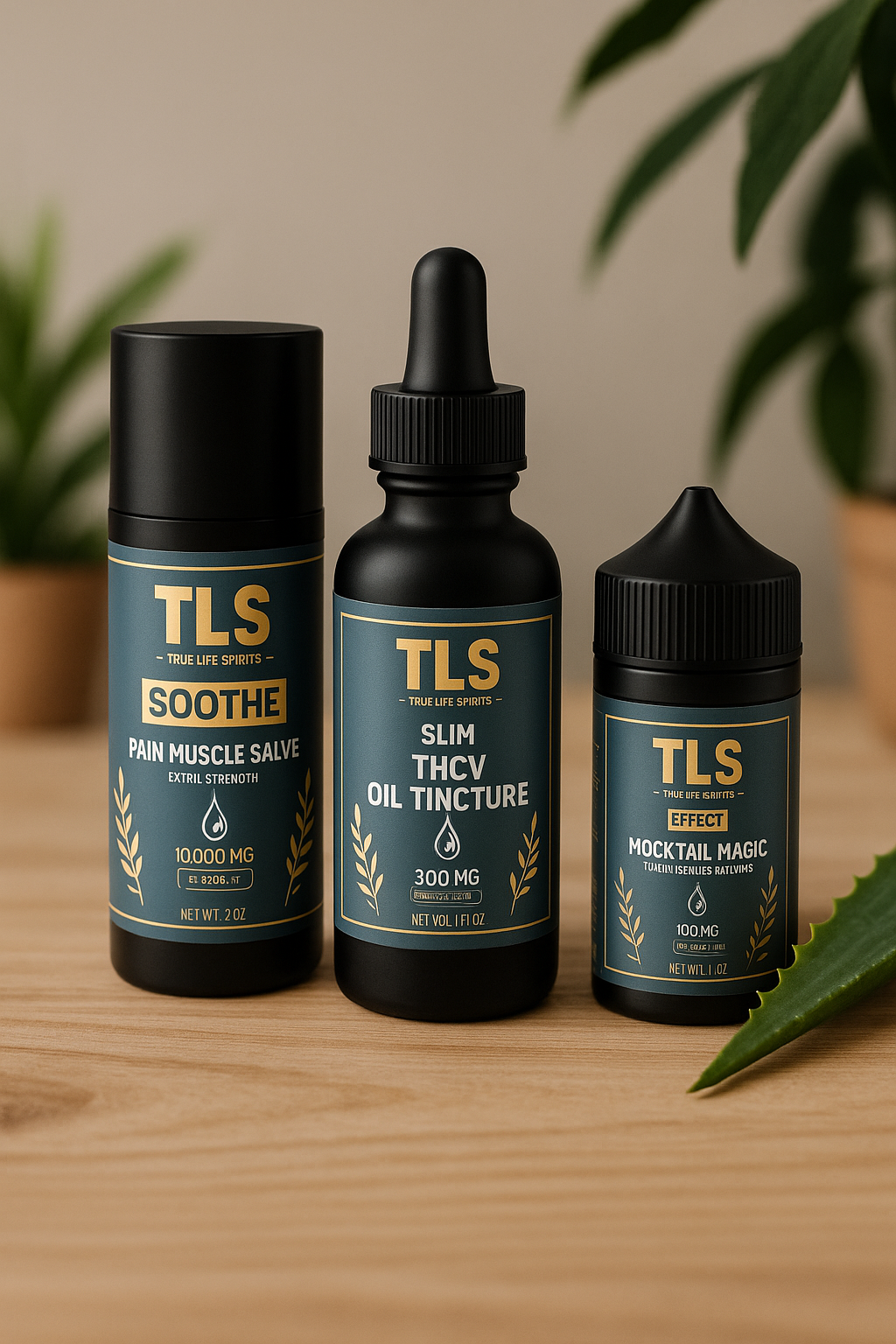
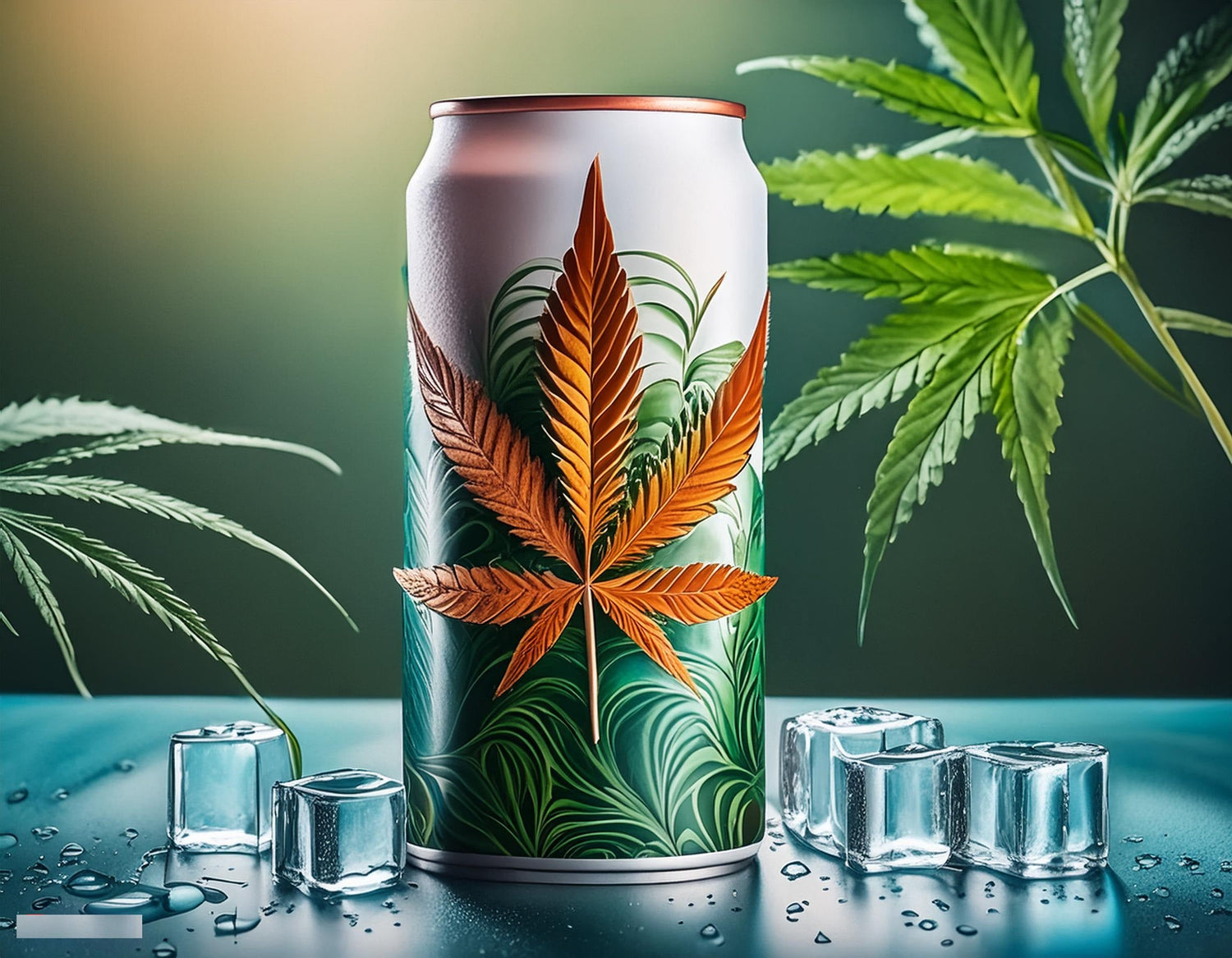
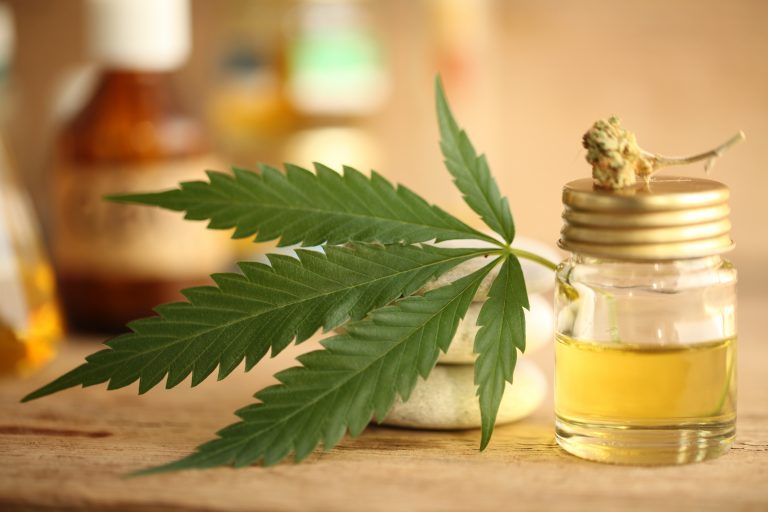
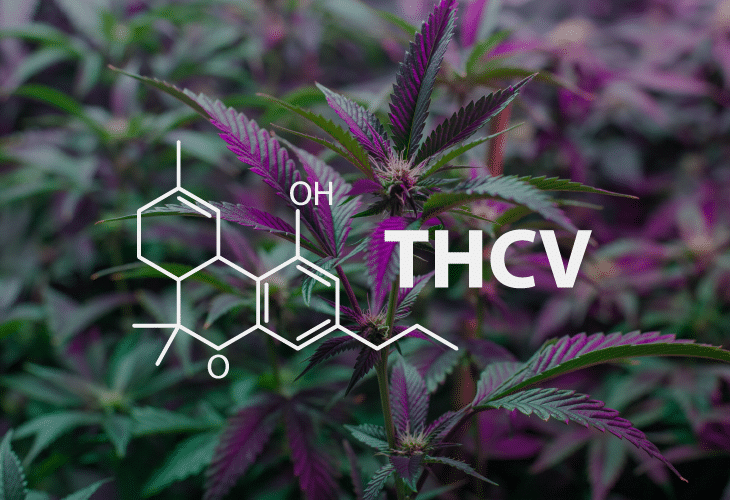
Leave a comment
This site is protected by hCaptcha and the hCaptcha Privacy Policy and Terms of Service apply.